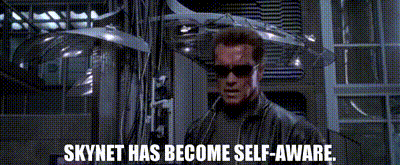Let’s say you have 1,000,000 drawers with one containing a ball. Traditional computing would average 500,000 chances before it found the ball. Sometimes more, sometimes less. But on average - you’d be in the middle.
With quantum computing you might only need 1,000 guesses. Why? Because it’s using a multiverse approach and it can see behind the curtain a little bit.
Wild stuff.
With quantum computing you might only need 1,000 guesses. Why? Because it’s using a multiverse approach and it can see behind the curtain a little bit.
Wild stuff.

